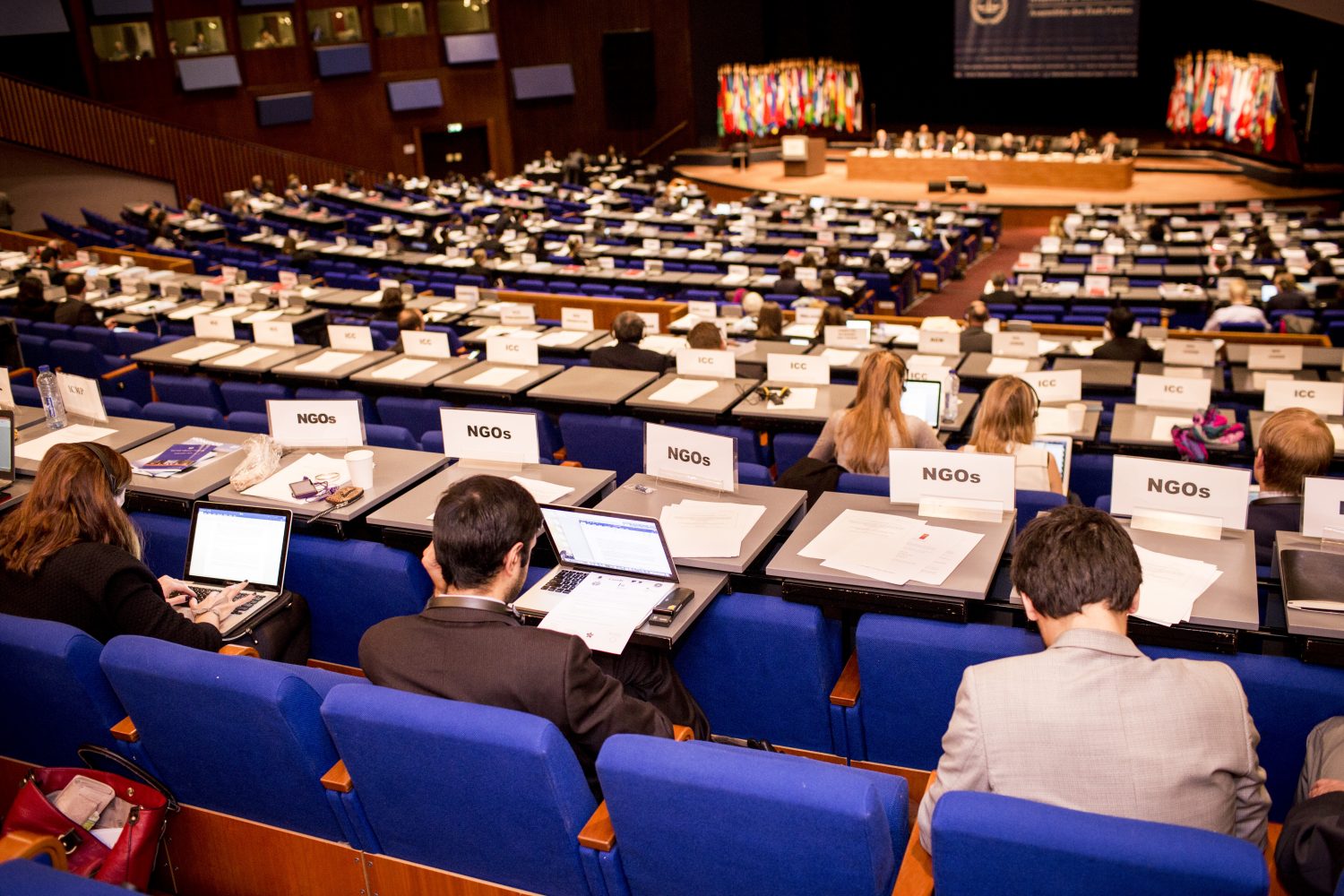International Criminal Court
The International Criminal Court (ICC) is the first international criminal tribunal with a permanent mandate and the power to award reparations to victims of crimes who come before it.
The ICC’s legal framework provides innovative features giving effect to victims’ rights to access effective redress. It enables victims to participate in legal proceedings not just as witnesses for the prosecution, but as independent stakeholders with a recognised right to present their views and concerns. Victims also have a right to physical and psychological protection and support, and can seek reparation for the harm they have suffered through the Trust Fund for Victims.
REDRESS was among the founding members of the Coalition for the International Criminal Court, the NGO coalition who successfully advocated for the establishment of the Court in 1998, and then for these important provisions for victims to be included in the core mandate of the ICC.
REDRESS promotes the effective realisation of victims’ rights at the ICC through projects including:
- REDRESS works closely with civil society groups supporting victims in many of the countries under scrutiny by the Court such as Uganda, the DRC, and Libya. Our collaboration with these groups enables perspectives from the field to be taken on board by the ICC in The Hague, and to encourages the effective participation of victims in proceedings.
- We have intervened in a range of cases before the ICC on points of law within our expertise. They include the Saif Al Gaddafi case, in respect of his claim for amnesty; the Laurent Gbagbo case, on the prospects for collective victim participation concerning crimes committed in Ivory Coast; the Jean Pierre Bemba case, on why the offences of rape and torture justified a cumulative charging approach; and the Germain Katanga and Al Mahdi cases on the issue of reparations.
- REDRESS facilitates the Victims’ Rights Working Group (VRWG), a network of over 350 national and international civil society groups and experts created in 1997 under the auspices of the Coalition for the International Criminal Court. The VRWG has evolved to include NGOs from many countries around the world including those countries most intimately affected by ICC proceedings. The VRWG and its member organisations continue to advocate on behalf of victims and to engage with the Court and the Assembly of States Parties, the forum for member States where the workings and future of the ICC are discussed and decided upon.
Recent reports on this issue:

